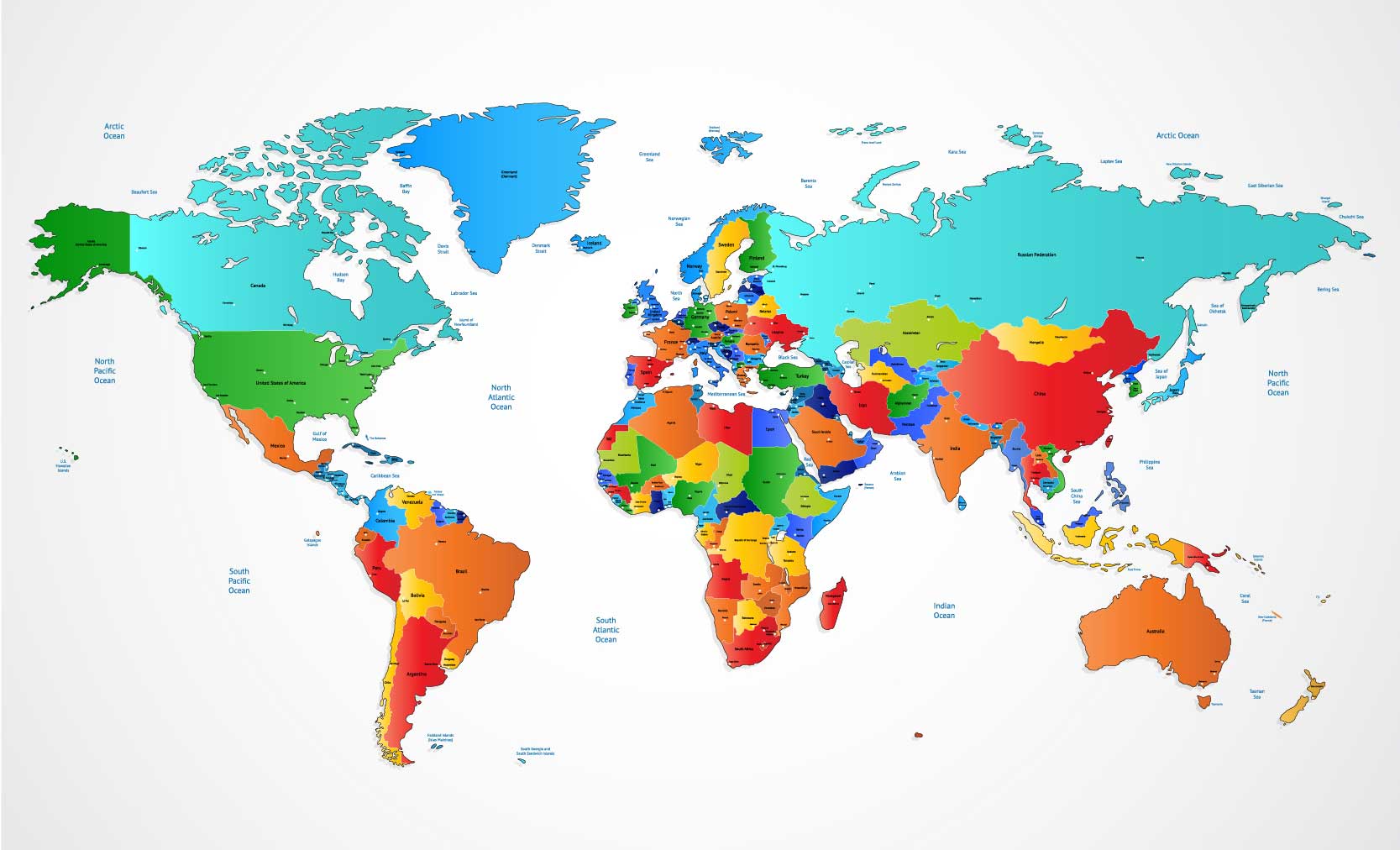Esta web utiliza cookies para que podamos ofrecerte la mejor experiencia de usuario posible. La información de las cookies se almacena en tu navegador y realiza funciones tales como reconocerte cuando vuelves a nuestra web o ayudar a nuestro equipo a comprender qué secciones de la web encuentras más interesantes y útiles.
Spain: from autarky to EU single market and globalization. Facts and policies

The Productivity Institute (TPI) has entrusted the Ivie to carry out a review of productivity trends in Spain from the 1960s to the present. This work is part of a broader project proposed by TPI, which consists of extending the methodology and analysis provided on productivity by Van Ark, de Vries and Pilat (2023) to different countries around the world. Specifically, 17 countries, including Spain, Australia, the United States, Saudi Arabia, China and the United Kingdom, among others, will be studied. The Ivie proposed Spain as a suitable reference country to participate in the project due to its economic situation and political changes experienced, from an autarchy to becoming one of the most open nations to the outside world.
To meet the demands of TPI, an overview of the evolution of the main macroeconomic variables of Spain will be provided from the productivity perspective: GVA, population, employment (persons and hours worked), income per capita, hourly labor productivity and TFP, from 1960 to the latest available year. When information permits, the Spanish trajectory will be compared with the EU15, EU27, UK, USA and G20. The ultimate objective is to explore the role of the main pro-productivity policies in supporting (or slowing down) productivity growth in the country, as well as to provide a forward-looking perspective on the most appropriate policies, indicating the main areas that require policy reform.


